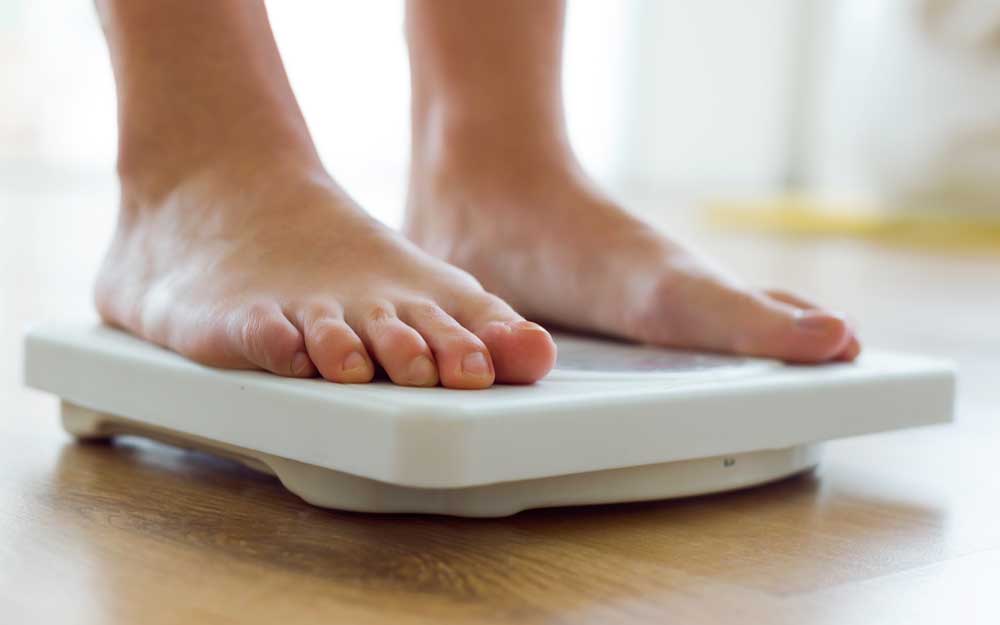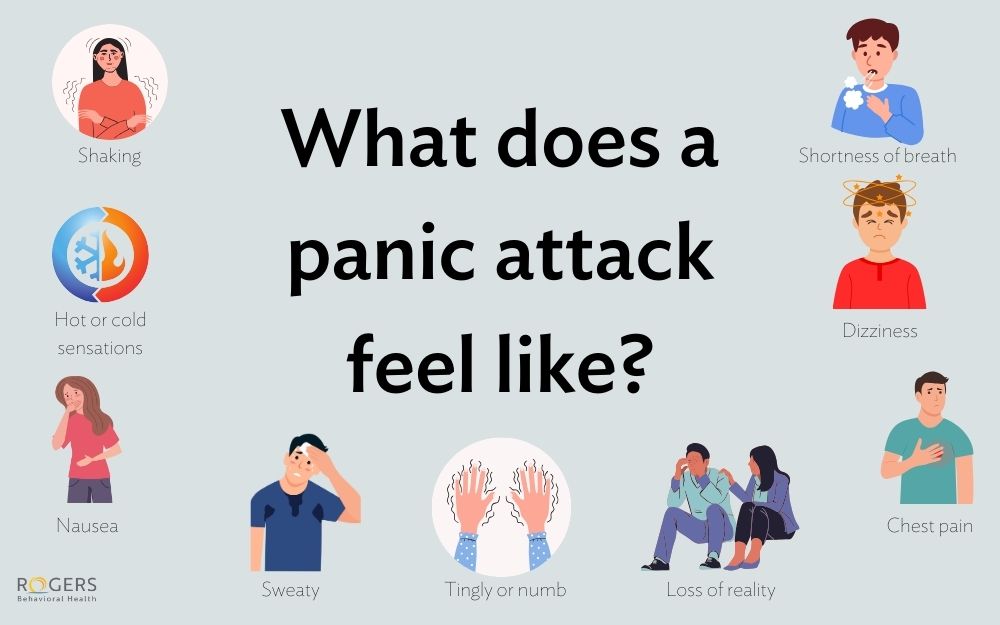Shattering 5 common eating disorder myths
Posted on 07/23/18 04:07:pm
Share this article:
They are the most deadly of all psychiatric illnesses, affecting nearly 30 million Americans
today. And they are highly misunderstood. Learn lifesaving insights as Dr. Nicholas Farrell, psychologist and clinical supervisor of Rogers’ Eating Disorder services, helps dispel 5 dangerous stereotypes.
Myth 1: White female teens of high-socioeconomic status are the only people who have eating disorders.
Eating disorders do not discriminate. Eating disorders touch all different socioeconomic and ethnic backgrounds, and even all different ages. However, there is a tendency for people struggling with eating disorders to be younger. A majority of people diagnosed with an eating disorder are between the ages of 12 and 26. Those who are diagnosed later in life may have developed an eating disorder when they were younger, but did not seek treatment or did not have available treatment. Also contrary to popular belief, approximately 20 to 30% of sufferers are male. Read more about male eating disorders here.
Myth 2: You can tell that someone has an eating disorder by his or her appearance.
People find it striking that the average individual diagnosed is relatively normal in size and shape, sometimes even larger-bodied, and only in a minority of cases is someone truly emaciated. If you are concerned about someone’s eating or exercising behavior, be careful about letting their weight or body size/shape influence your judgment about whether you should encourage them to seek out treatment.
Myth 3: Once people with an eating disorder gain weight, they are cured.
Nutritional stability is only one part of the equation. Eating disorders also involve an unhelpful system of beliefs where a person’s self-concept becomes almost exclusively defined by their body image. We know from research that if we don’t work through these problematic beliefs, there is a low chance of someone sustaining the nutritional stability they work towards in treatment. A better sign of improvement is practicing moderation in eating and exercising habits as well as engaging in important life activities without fear surrounding eating or body image.
Myth 4: Having an eating disorder is a choice.
In reality, people who develop an eating disorder have very little choice in the matter. These conditions are caused by a combination of biological, psychological, and environmental factors, and many of these factors are completely outside of an individual’s control. From genetic studies, we know that risk can be inherited. Understanding that someone’s eating disorder is not a choice plays a large role in their recovery, so we offer education and information on how parents can support their children’s mental health with Parent University along with family counseling sessions during treatment.
Myth 5: Eating disorders are not a serious mental illness.
Eating disorders are the most fatal of all psychiatric illnesses; current estimates suggest that 1 in 10 individuals afflicted by an eating disorder will die prematurely due to medical complications or suicide. Purging is a common symptom of eating disorders and involves dangerous efforts made to expel food from the body, such as deliberately inducing vomiting. This can lead to inflammation and tearing of the esophagus and cause imbalances in important electrolytes that maintain organ functioning. It can also cause severe dental problems because of acid eroding at teeth and gums.
What are the effects of eating disorder myths?
From research, we know that the less the perceived stigma the more likely people are to seek help and the better their long term prognosis is going to be. Not all clinicians are immune to the effects of eating disorder myths; surprisingly eating disorders can go undiagnosed in part because of clinicians failing to see past the stereotypes.
If you believe you or a loved one may be at risk for an eating disorder, take this short quiz to learn more.
Rogers treats eating disorders in various locations across the country. Please call 800-767-4411 to request a free screening.



